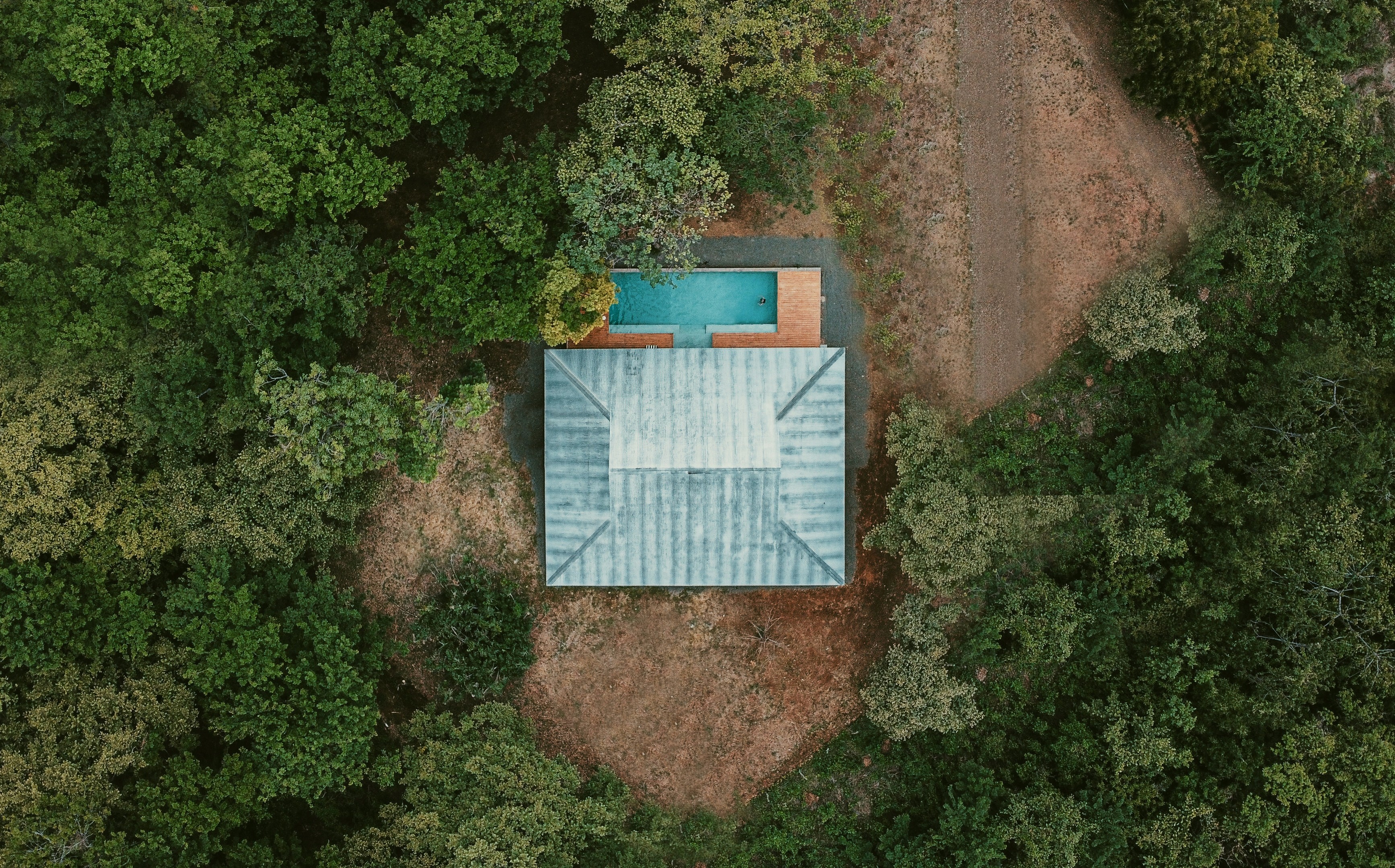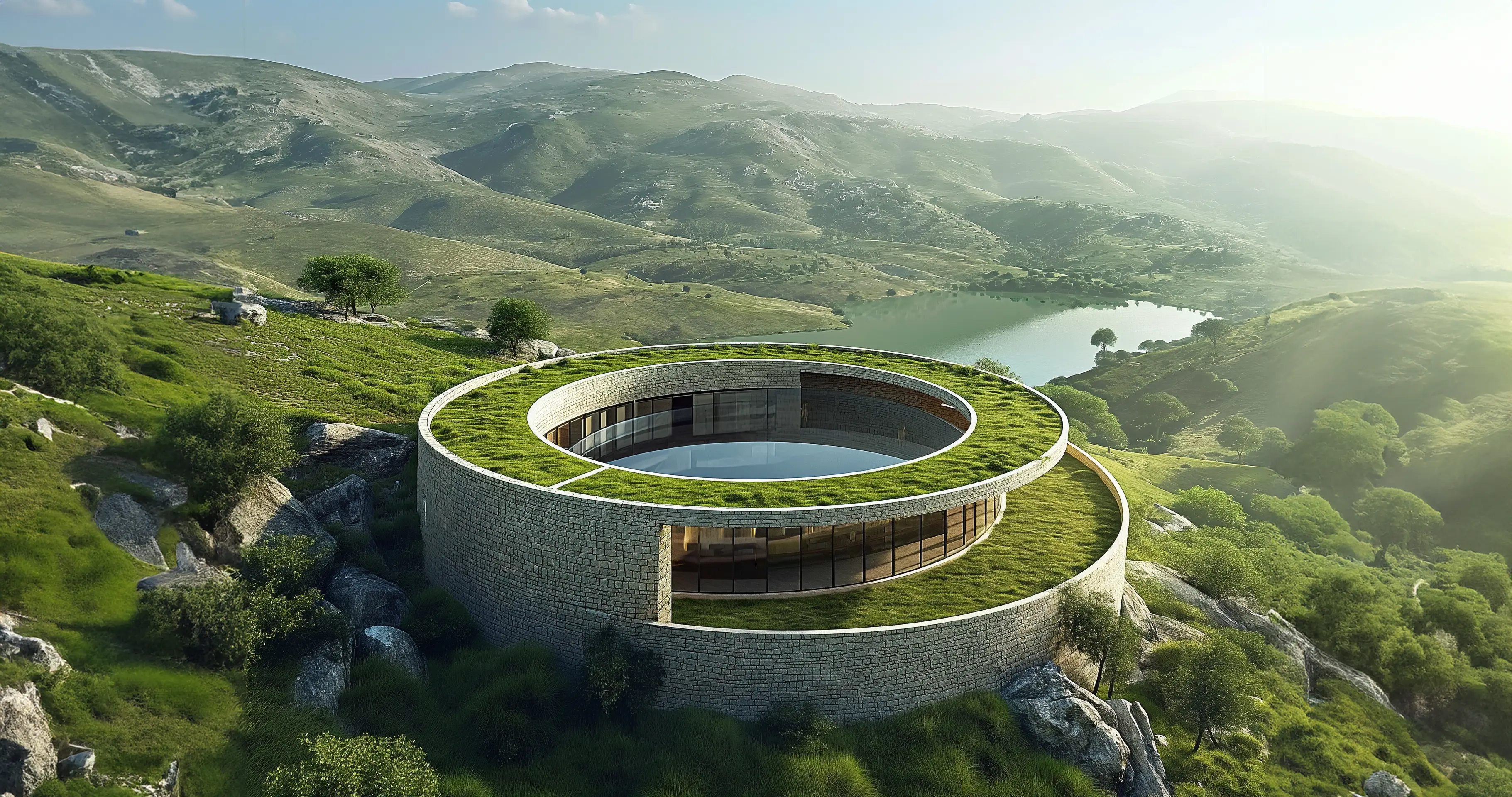John Kappa
Reconnecting with Nature: Living off the grid often involves a return to basics, fostering a deeper connection with the natural world. Growing your own food, harvesting rainwater, and utilising renewable energy sources offer a sustainable and fulfilling lifestyle.
Embracing Resourcefulness: Self-sufficiency requires ingenuity and adaptability. From making your own tools and repairs to utilising natural resources for fuel and building materials, living off the grid teaches valuable skills and fosters a sense of independence.
Minimalism Takes Centre Stage: Disconnecting from material dependencies, focusing on experiences over possessions, and embracing a simpler way of life are key tenets of off-grid living. Imagine prioritising quality time with loved ones over accumulating material goods.
Technology as a Tool: While living off the grid often implies disconnecting from traditional utilities, technology can be a valuable tool. Solar panels, water filtration systems, and communication devices can be used responsibly to enhance self-sufficiency without compromising core principles.
Community and Collaboration: Sharing knowledge, skills, and resources is crucial for success in off-grid communities. Collaboration, bartering, and mutual support foster a sense of belonging and contribute to the collective well-being of the group.
Challenges and Trade-offs: Living off the grid is not without its challenges. Access to healthcare, education, and certain amenities can be limited. Adapting to changing weather patterns, potential isolation, and navigating legal regulations require careful planning and resourcefulness.
Finding Your Balance: The ideal level of self-sufficiency is individual. Some may choose partial disconnection, while others may thrive in fully off-grid communities. Experimenting, evaluating your needs, and finding a sustainable balance between independence and connection is key.
Inspiring a Sustainable Future: Living off the grid can inspire a shift towards a more conscious, resource-efficient approach to living. By minimising our environmental impact and maximising self-reliance, we can contribute to a more sustainable future for ourselves and future generations.
This post delves into the exciting and challenging world of off-grid living. Remember, it's not about completely disconnecting from society, but rather exploring alternative ways of living that promote resourcefulness, self-reliance, and a deeper connection with nature. I hope this outline inspires you to further explore this fascinating topic and share your insights with your audience.







